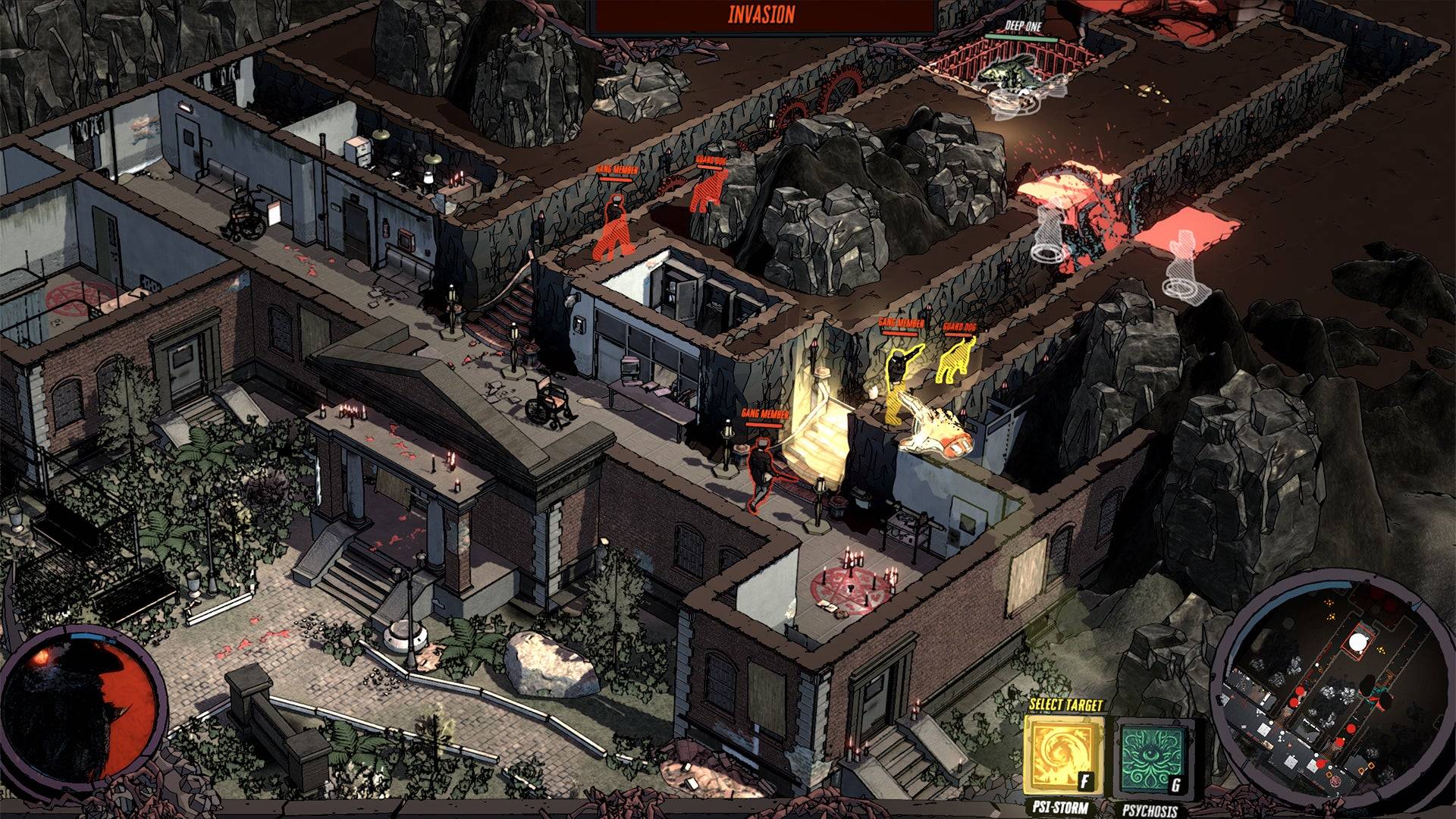BioWare, once a titan in RPG development, finds itself at a crossroads. The future of Dragon Age hangs in the balance, casting a shadow over the anticipated next Mass Effect installment. This article delves into the issues plaguing the studio and its flagship franchises.
Dragon Age: The Veilguard, intended as a triumphant return to form, instead delivered a critical and commercial disappointment. A paltry 3 out of 10 rating on Metacritic from seven thousand players, coupled with sales figures half of EA's projections, paints a grim picture. The uncertainty surrounding future Dragon Age projects, and the next Mass Effect, is palpable.
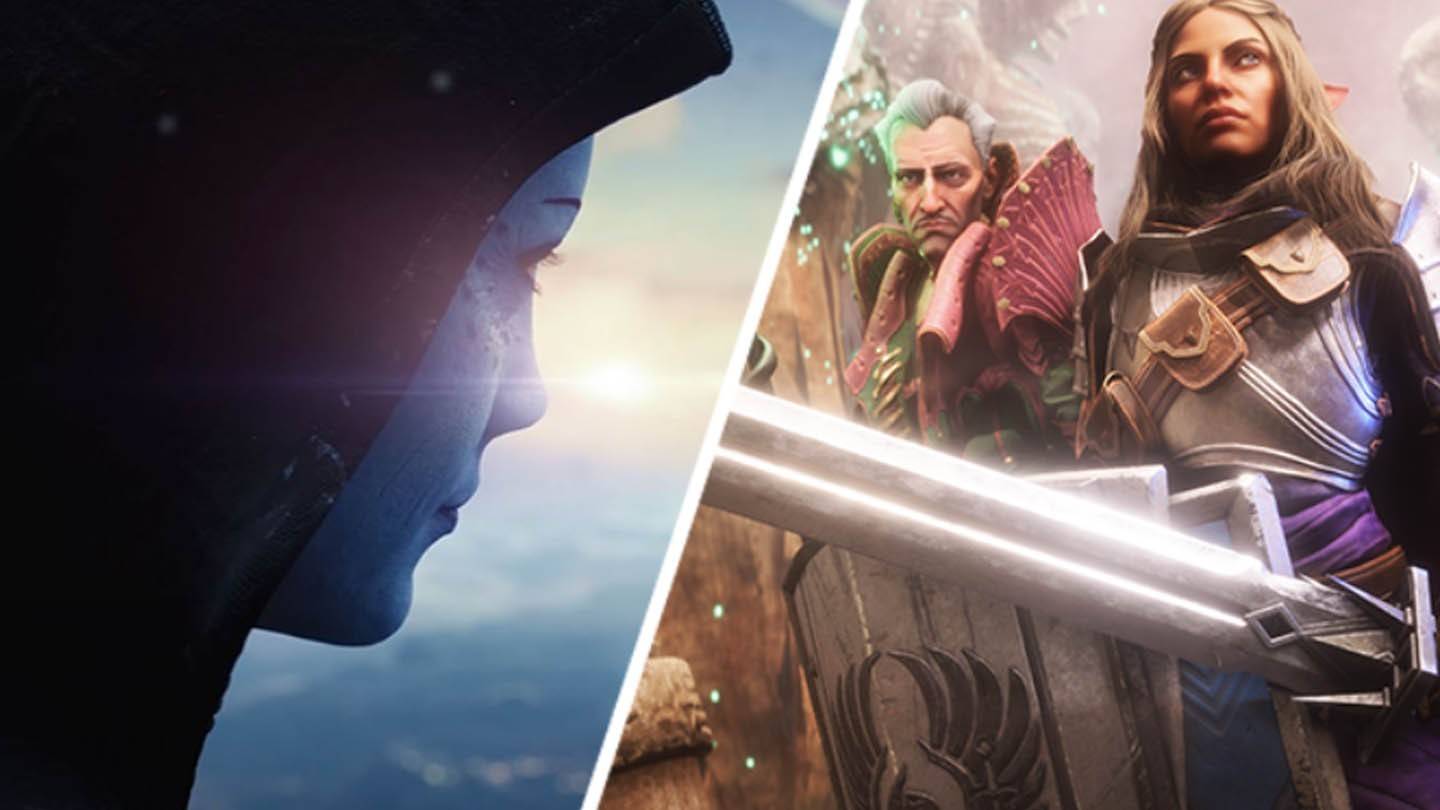
Table of Contents
- The Long Road to Dragon Age 4
- Key Departures at BioWare
- Dragon Age 4 Tried to Mimic Mass Effect but Failed
- Is Dragon Age Dead?
- What About the Next Mass Effect?
The Long Road to Dragon Age 4
The development of Dragon Age 4 was a tumultuous journey spanning nearly a decade, marked by significant setbacks and shifting strategies. Building on the success of Dragon Age: Inquisition, Mark Darrah, then overseeing the series, envisioned an ambitious plan in 2016: a 2019-2020 release for Dragon Age 4, followed by a fifth installment within 1.5-2 years, and a concluding sixth installment by 2023-2024. BioWare aimed to elevate Dragon Age to the heights of The Elder Scrolls, with EA pledging substantial support.
However, this ambitious roadmap crumbled at the end of 2016. Resources were diverted to Mass Effect: Andromeda, developed by BioWare Montreal. Andromeda's failure led to the studio's disbandment, and many staff members transitioned to Anthem. Consequently, Dragon Age 4 languished from 2017 to 2019, developed by a small, under-resourced team.
In 2017, EA's shift towards live-service games influenced the Dragon Age franchise. A live-service version, codenamed Joplin, was conceived. But following Anthem's failure in 2019, BioWare successfully advocated for a return to a single-player focus. This pivot, however, resulted in significant delays, requiring team rebuilding and a complete restructuring of priorities. The project was renamed Morrison.
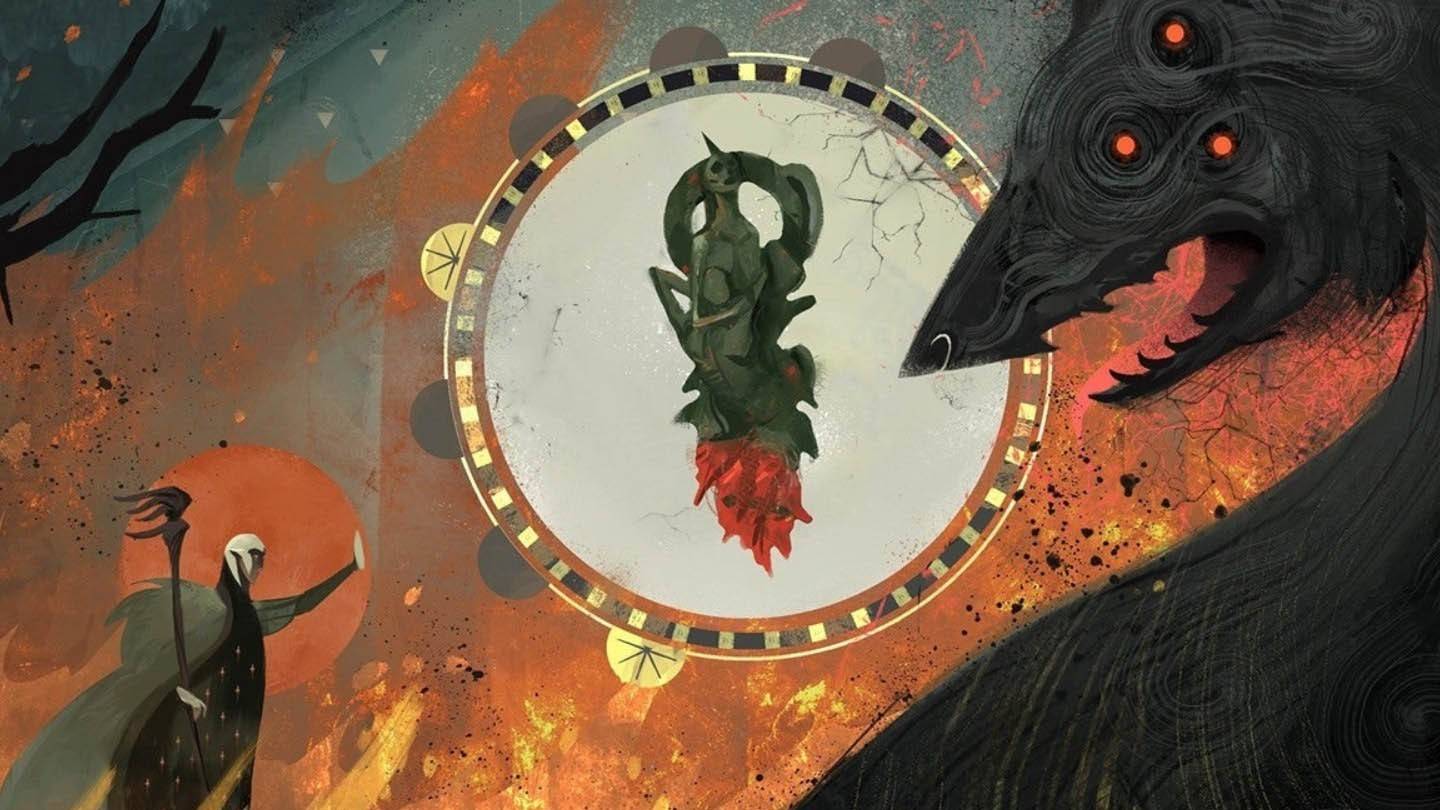
In 2022, Dragon Age: Dreadwolf was officially announced. Later, the subtitle was altered due to narrative adjustments, shifting focus from Fen'Harel to the protagonist's team. The Veilguard, released on October 31, 2024, despite positive critical reception, disappointed with sales of only 1.5 million copies—nearly 50% below expectations.
Key Departures at BioWare
Following The Veilguard's poor performance, EA announced a major restructuring at BioWare, leading to employee reassignments, layoffs, and the departure of several key figures:
- Patrick and Karin Weekes: Veteran writers with over two decades at BioWare, known for their work on Mass Effect and Dragon Age.
- Corinne Bouche: Game director for DA: The Veilguard, who left to pursue a new RPG project.
- Cheryl Chi: Responsible for beloved characters in the Dragon Age series.
- Silvia Feketekuti: Known for her work on iconic Mass Effect characters.
- John Epler: Creative director with a significant contribution to Mass Effect and other BioWare titles.
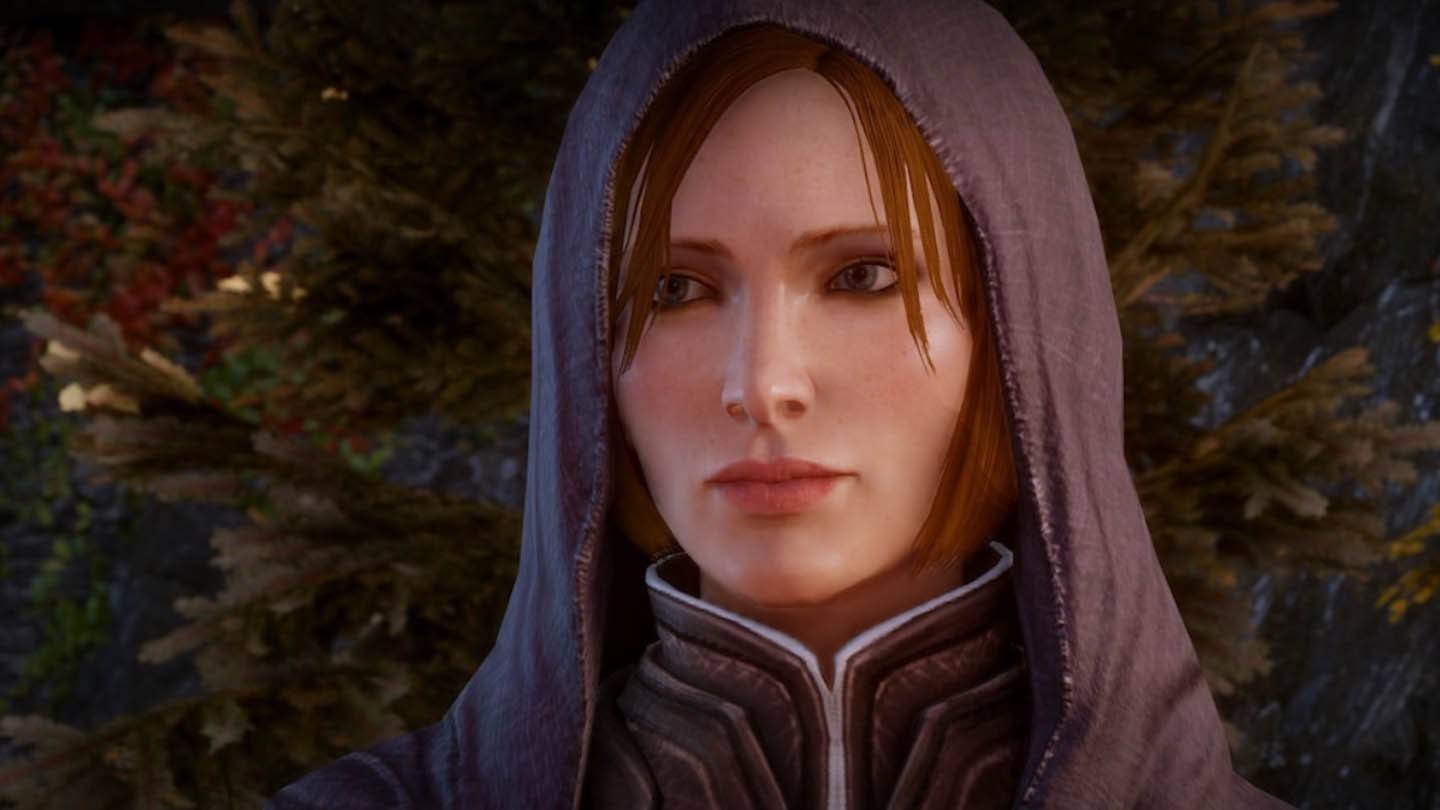
BioWare's workforce shrunk drastically. While layoffs are common after unsuccessful releases, the scale of the departures raises concerns. Resources were redistributed, with some developers moving to other EA projects, and a smaller team continuing work on the next Mass Effect under veteran leadership.
Dragon Age 4 Tried to Mimic Mass Effect but Failed
Interviews with Corinne Bouche and John Epler revealed that The Veilguard drew heavily from Mass Effect 2, particularly its companion system and approval mechanics. The aim was to create a narrative heavily influenced by player choices, culminating in a finale mirroring ME2's Suicide Mission. Elements inspired by Mass Effect 3's Citadel DLC were also incorporated.
However, the attempt to replicate Mass Effect's success proved unsuccessful. Despite promises of impactful choices and deep character interactions, Dragon Age 4 fell short. World state customization was limited, ignoring past player choices from previous games. The narrative lacked the depth and complexity that defined the Dragon Age series.
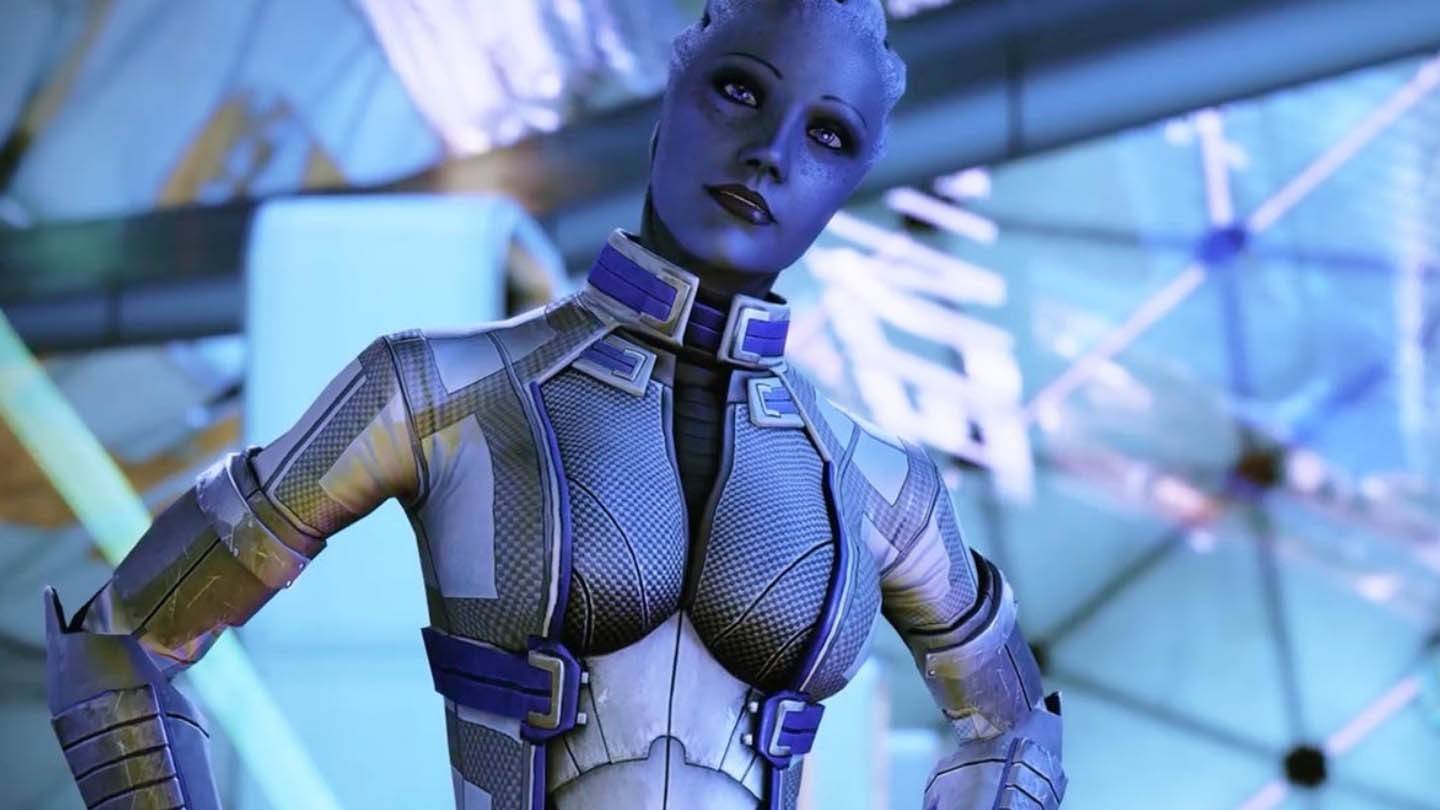
The story’s avoidance of direct ties to previous entries harmed familiar characters and simplified complex themes. Dialogue systems, once a cornerstone of Dragon Age RPG gameplay, were significantly reduced in scope and impact. Ultimately, The Veilguard succeeded as an action-adventure game, but failed as an RPG and as a Dragon Age title.
Is Dragon Age Dead?
EA CEO Andrew Wilson suggested The Veilguard might have fared better as a live-service game. CFO Stuart Kent echoed this sentiment, highlighting the game's underperformance against other single-player RPGs. EA's Q3 2024 financial reports focused on successful sports titles and future investments in Battlefield Labs, omitting both Dragon Age and Mass Effect, hinting at a shift in priorities.
While John Epler and Corinne Bouche expressed interest in exploring untapped areas of the Dragon Age universe, their departure casts doubt on these ambitions. The series' future, if it exists, is uncertain and likely years away, potentially in a significantly altered form. Cheryl Chi's statement summarizes the situation: "Dragon Age isn't dead. Fanfiction, fan art, and connections forged through the games keep it alive."
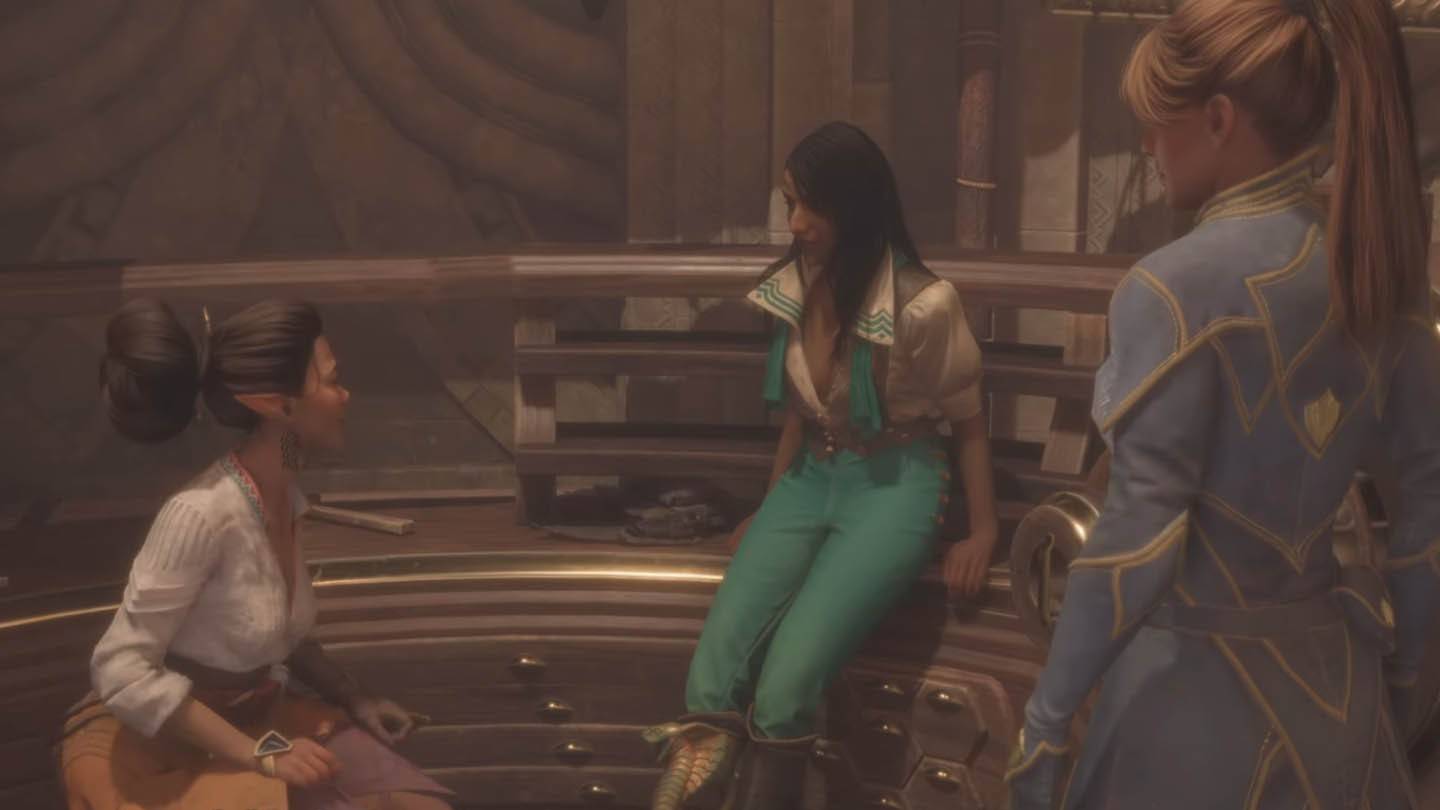
What About the Next Mass Effect?
Mass Effect 5, announced in 2020, is currently in pre-production. With The Veilguard's recent release, it remains BioWare's primary large-scale project, albeit with a significantly reduced team. Michael Gamble leads the project, alongside a team including veteran designers and directors from the original trilogy. The game aims for greater photorealism and will likely continue the original trilogy's storyline, possibly incorporating elements from Andromeda. A release before 2027 is unlikely.
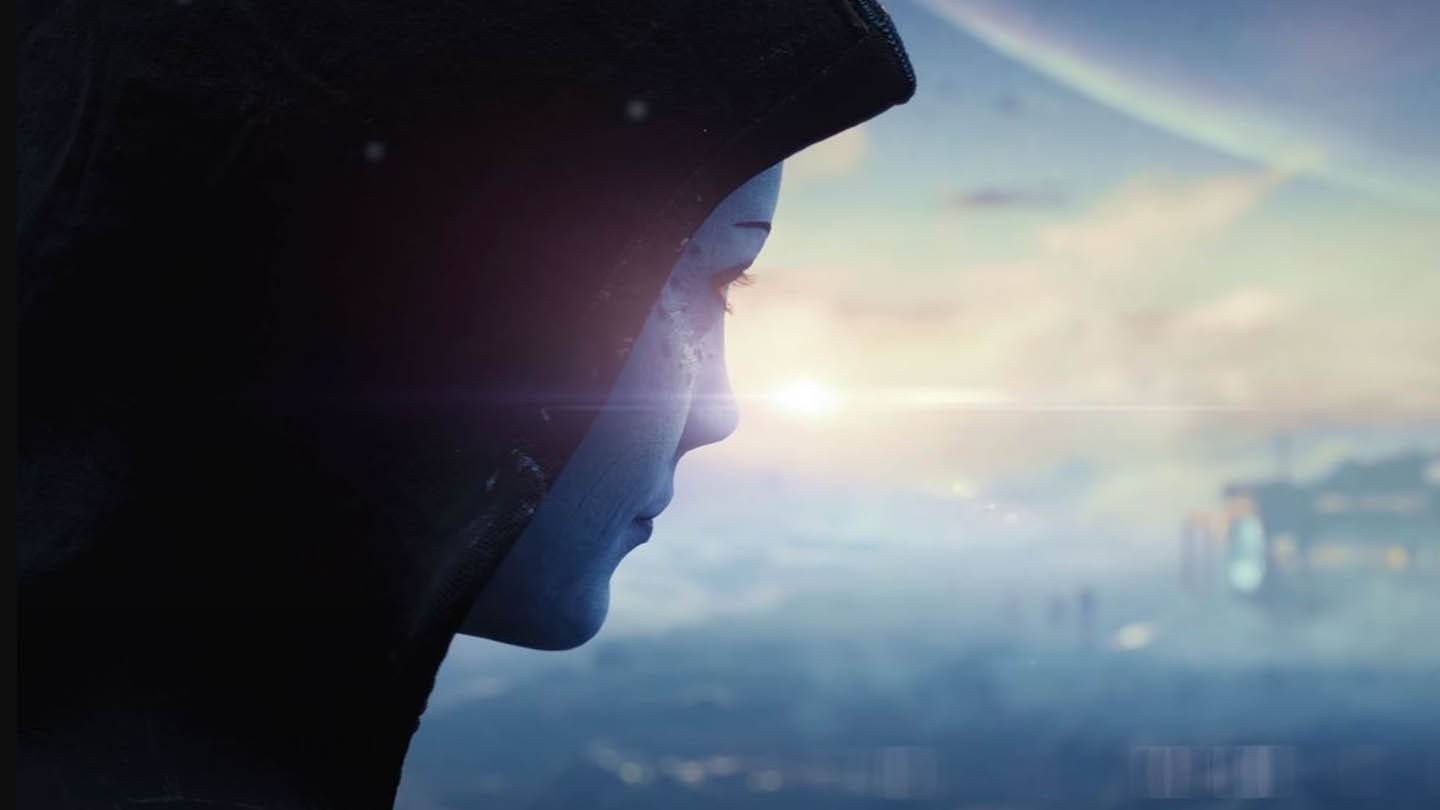







 LATEST ARTICLES
LATEST ARTICLES 